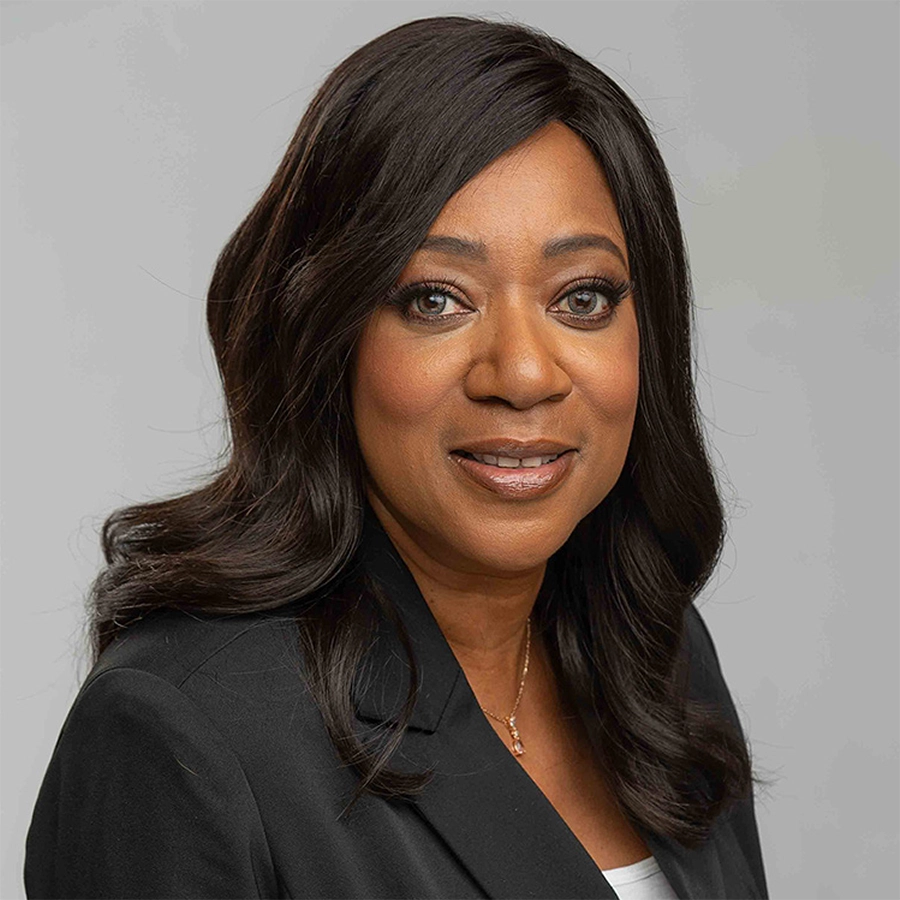Brain Injury Alliance of Arizona Appoints Janice Podzimek as Interpersonal Violence Liaison
The Brain Injury Alliance of Arizona (BIAAZ) is pleased to announce the transition of longtime community leader and team member Janice Podzimek to a new role within the organization – Interpersonal Violence Liaison. Janice had previously served as the Director of Survivor and Professional Programs. As a resource facilitator, she earned her Certified Brain Injury Specialist (CBIS) credentials helping families navigate the complexities of the healthcare system.
“With the increased violence as a result of the COVID-19, quarantine, and resulting economic misery, we are in a time where many individuals are unimaginably vulnerable to violence, resulting in an increase in everything from psychological trauma to head injury,” said Carrie Collins-Fadell, Executive Director of the Brain Injury Alliance.
“While we may never be able to quantify the totality of the need, we know that it warranted swift and decisive action to pivot our services to meet this growing demand.”
 While a true asset in Arizona, the Duluth, Minnesota native has an extensive background serving those struggling with substance misuse and disability. What’s more, this is not her first time as part of the United States Brain Injury Alliance (USBIA) family. In Minnesota she served as an HIV Tester & Prevention Counselor at Women With A Point, counseling injection drug users on how to reduce harm to themselves and others. She also worked with the Minnesota Brain Injury Alliance, rising from Volunteer Coordinator to Education & Outreach Specialist, where she helped shape multiple programs.
While a true asset in Arizona, the Duluth, Minnesota native has an extensive background serving those struggling with substance misuse and disability. What’s more, this is not her first time as part of the United States Brain Injury Alliance (USBIA) family. In Minnesota she served as an HIV Tester & Prevention Counselor at Women With A Point, counseling injection drug users on how to reduce harm to themselves and others. She also worked with the Minnesota Brain Injury Alliance, rising from Volunteer Coordinator to Education & Outreach Specialist, where she helped shape multiple programs.
But this is far from where Janice’s journey with the invisible disability begins— she has been touched by the trials of brain injury throughout her life.
The youngest of three, she experienced the effects of a father who struggled with alcohol abuse and was involved in several car accidents, including an instance when her mother was a passenger. It wasn’t until years later Janice realized both her father and mother had likely suffered traumatic brain injuries.
“I saw the personality change,” recalls Janice. “He became more hostile and abusive, especially toward my brother. Eventually, he had a stroke, but didn’t want to go to the hospital. When I finally convinced him to go, it was too late; he passed shortly after being admitted.”
Janice now knows how important recognizing the signs of a stroke can be. “Years later, I learned that when it comes to stroke, time lost is brain lost,” she shares. “Unfortunately, that lost time was fatal.”
One of Janice’s four daughters is also a survivor of brain injury. When she was four, she was hit by a train of shopping carts as she ran out of a checkout lane at a grocery store. The doctors at the ER said she was just a bit bruised and sent her home. Turns out, the situation was much more serious; she had damaged her frontal lobes and has since required ongoing treatment.
With such an inordinate personal exposure to brain injury, opioid use disorder, domestic violence, and even a near-death experience, it’s no surprise Janice views her purpose in life as one to help others.
“I know the main concerns people have first-hand: How do I get whole? How do I continue? Can I be a productive citizen?” Janice adds that no matter how bleak the future may look, “everybody has a story and deserves to be heard.”
Being able to identify the signs of a stroke can be life-saving. Learning the acronym F.A.S.T. can help you know what to look for and what to do in the event of a stroke—
Facial drooping,
Arm weakness, and
Speech difficulties, mean it’s
Time to go to the hospital.
ABOUT BRAIN INJURY ALLIANCE OF ARIZONA
The Brain Injury Alliance of Arizona (BIAAZ) is the only statewide nonprofit organization dedicated to improving the lives of adults and children with all types of brain injuries through prevention, advocacy, awareness, and education. BIAAZ also houses the Arizona Brain Health Resource Center, a collection of educational information and neuro-specific resources for brain injury survivors, caregivers, family members, and professionals.
What began in 1983 as a grassroots effort has grown into a strong statewide presence, providing valuable life-long resources and community support for individuals with all types of brain trauma at no charge.
The Brain Injury Alliance of Arizona:
- Works with the Congressional Brain Injury Task Force
- Houses Arizona Brain Health Resource Center
- Hosts the Statewide Opioid Use Disorder & Cognitive Impairment Workgroup
- Deploys a Statewide Opioid Use Disorder & Cognitive Impairment Response Team with peer support, training and family wraparound services
- Facilitates the Brain Health Advisory Council
- Manages a Statewide Neuro Info-Line 888-500-9165





